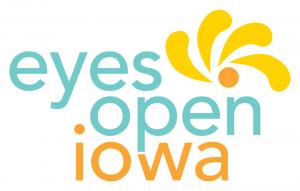Virtual Professional Development is a simulated classroom where teachers can practice teaching student avatars using short scenarios and support from an instructional coach, so they can quickly learn and master the skills they most need to be effective. With upper elementary, middle and high school classrooms, Virtual PD has scenarios for teachers of all grade levels across a wide range of topics aligned with the Professional Learning Standards for Sex Education (PLSSE). You can watch the video here (link is external) to learn more about Virtual PD.
Using the Virtual Professional Development classroom simulator, the educator will practice Using Medically Accurate Terms When Teaching Sex Education with the student avatars. In this scenario, the educator will soon be starting a unit on puberty with their students. One of the points they want to stress with their students is the importance of using medically accurate names for body parts, including reproductive anatomy and external genitalia. In this simulation with five students, the participant will need to demonstrate the ability to use medically accurate terms and explain the benefits of teaching these to students.





